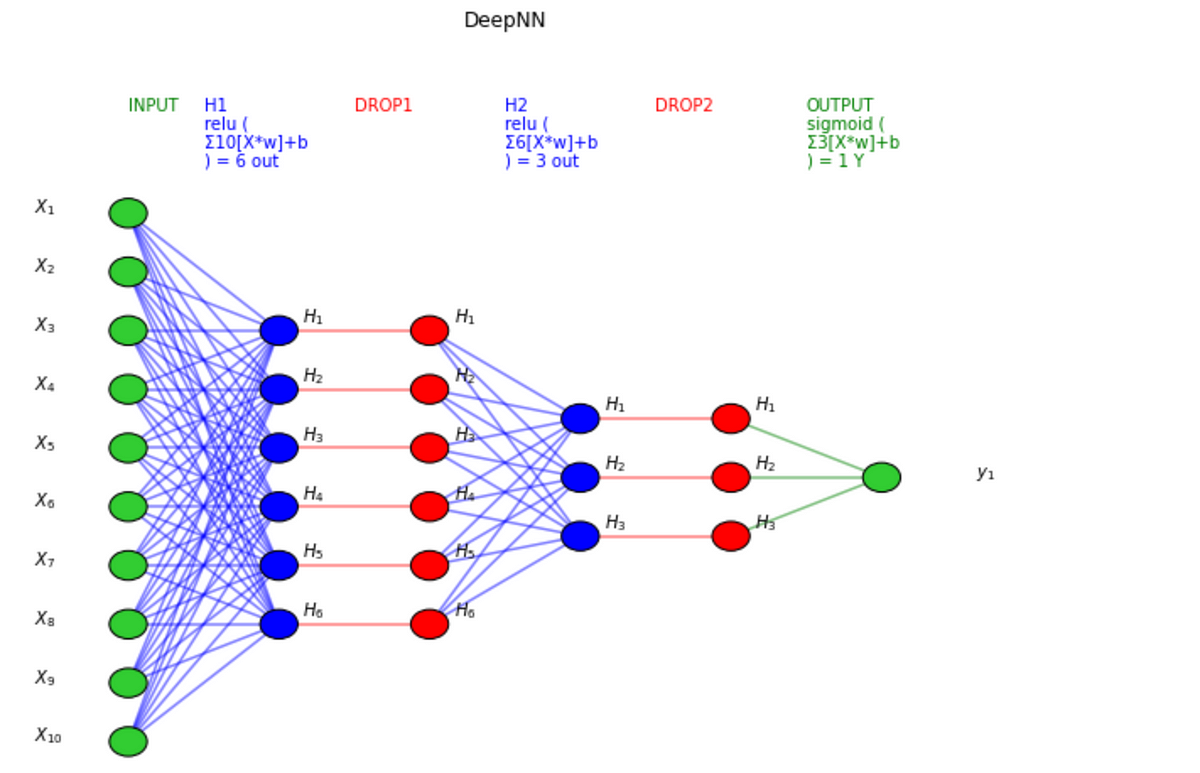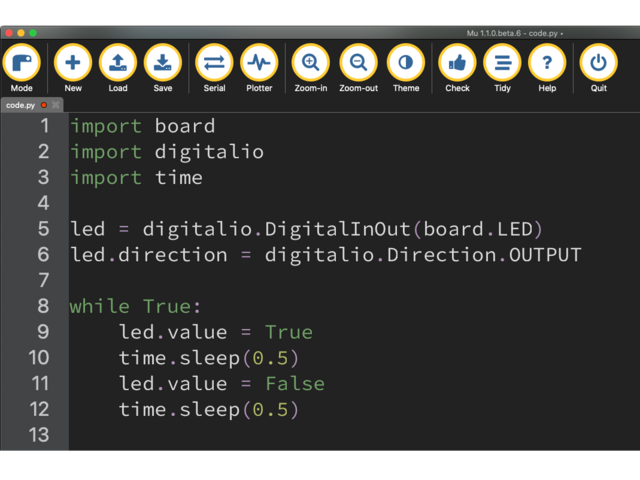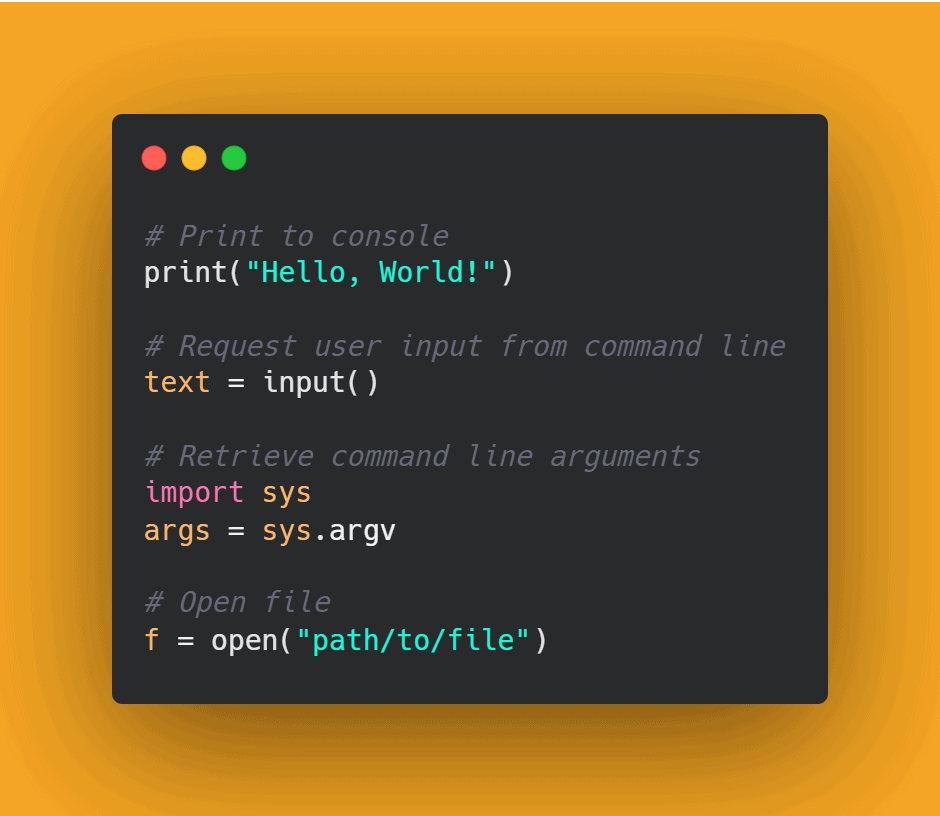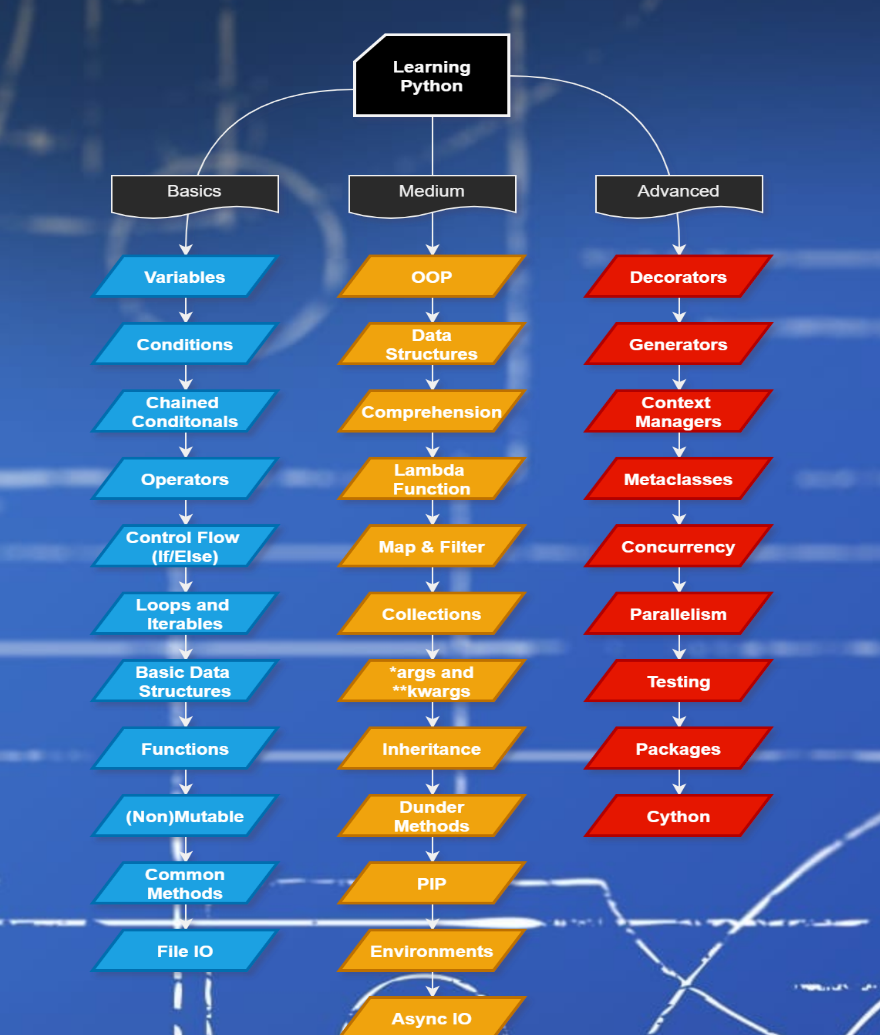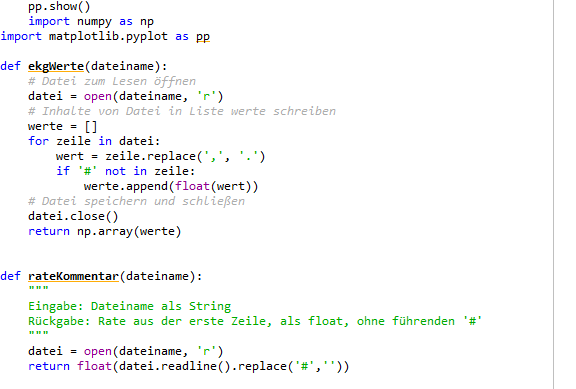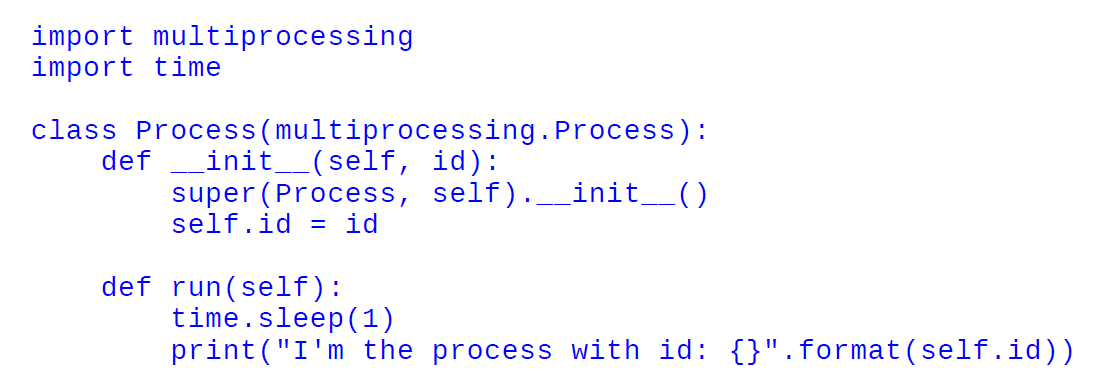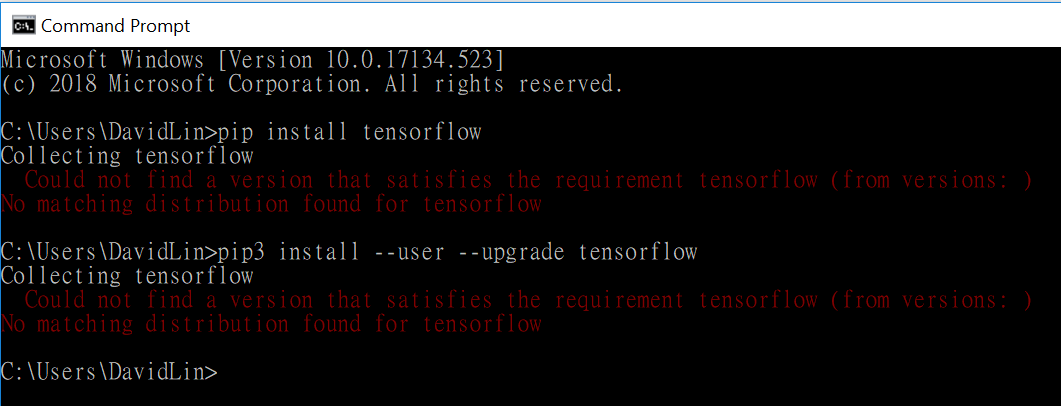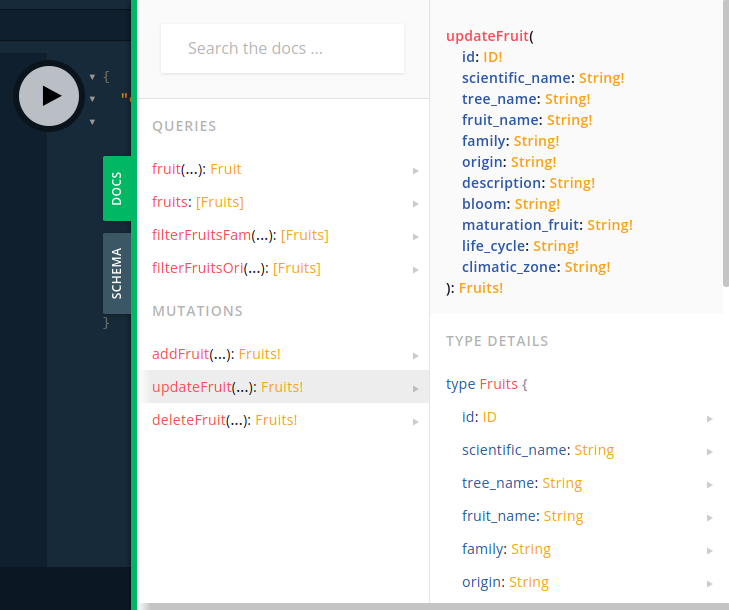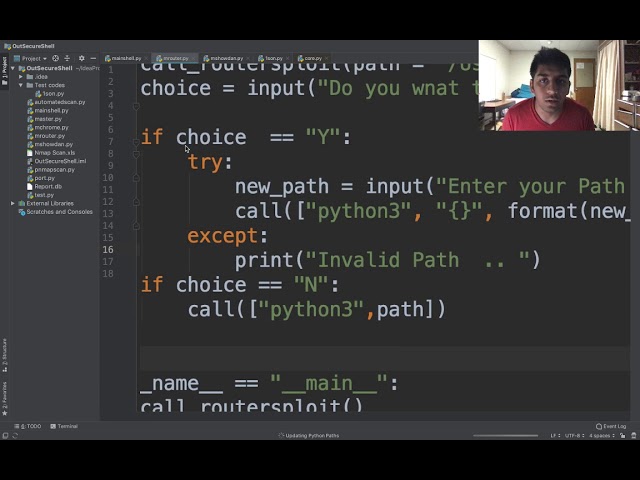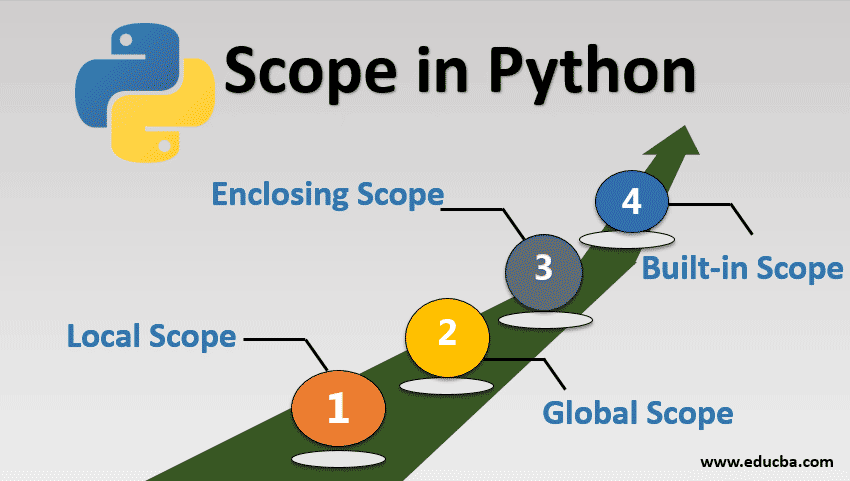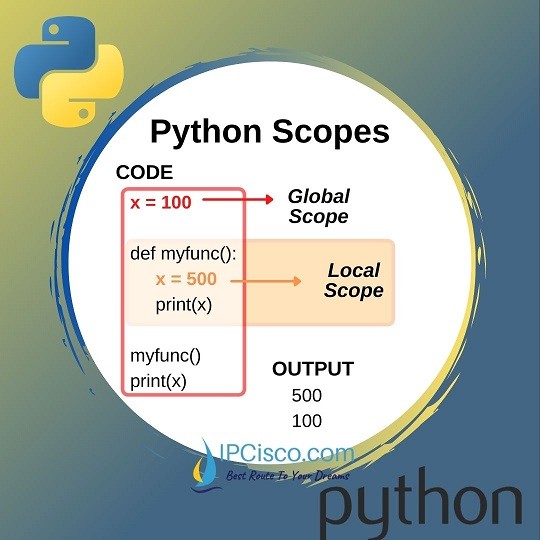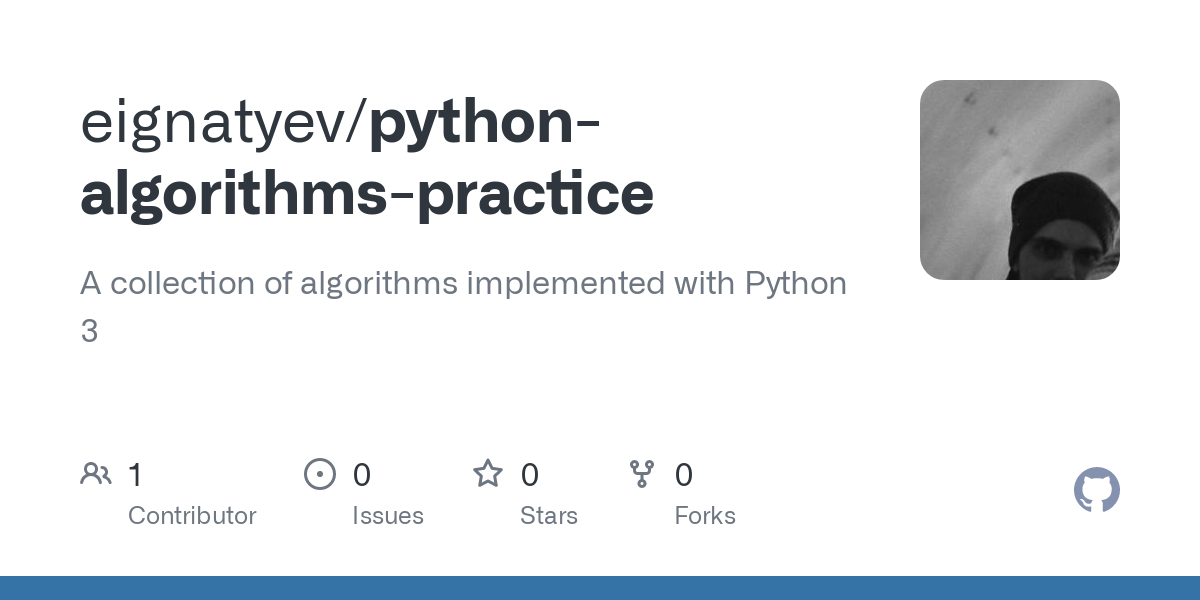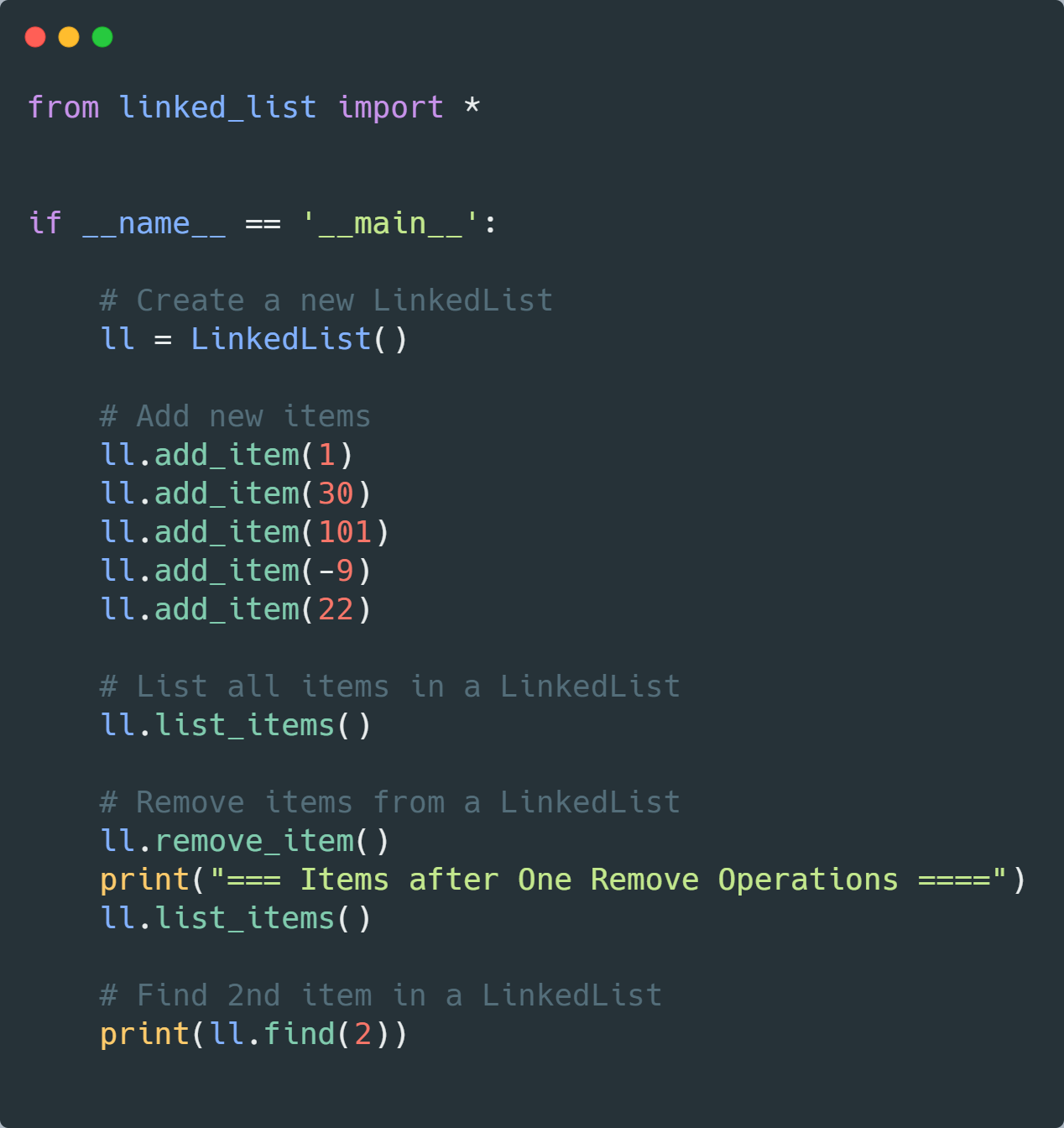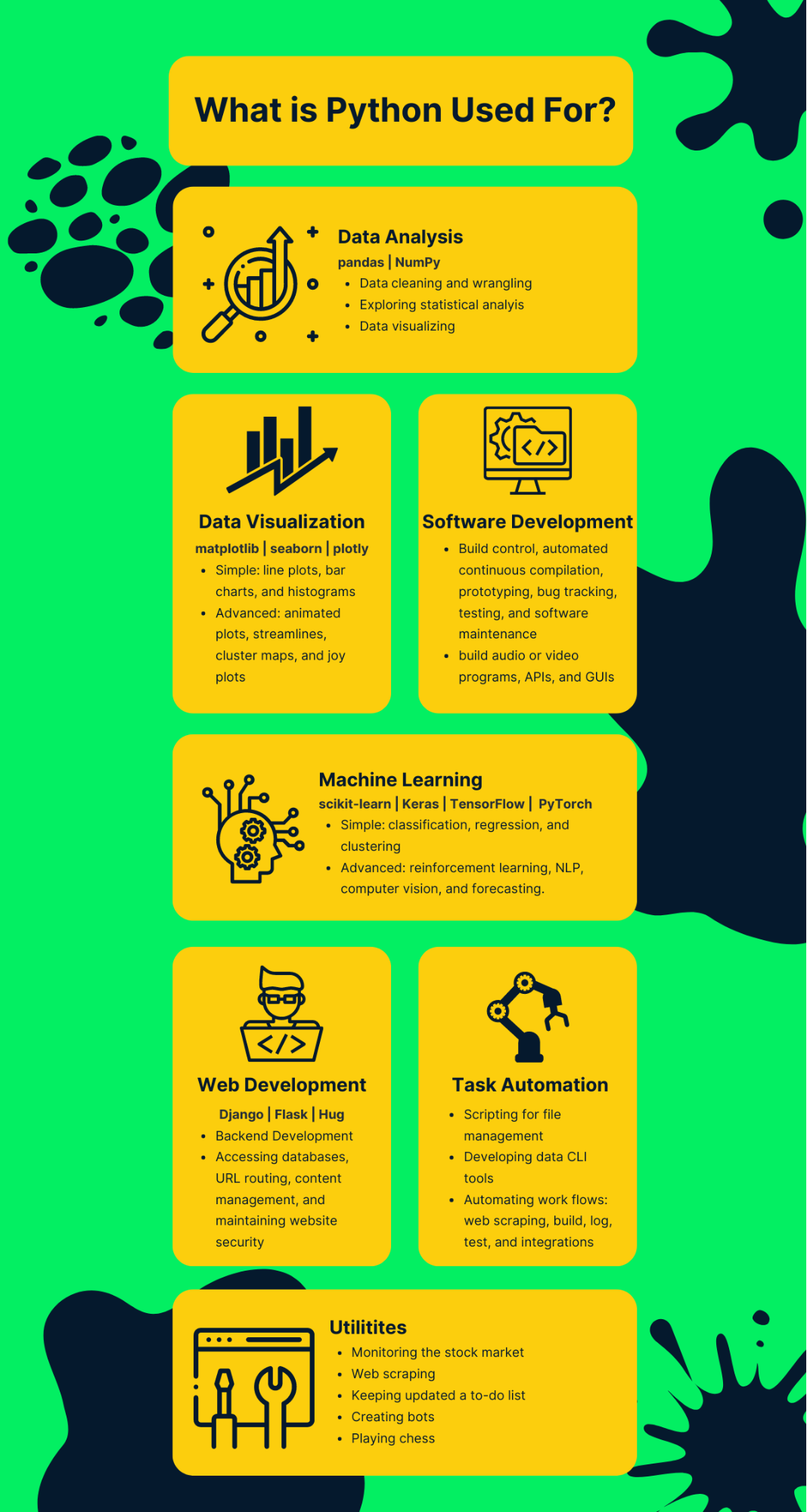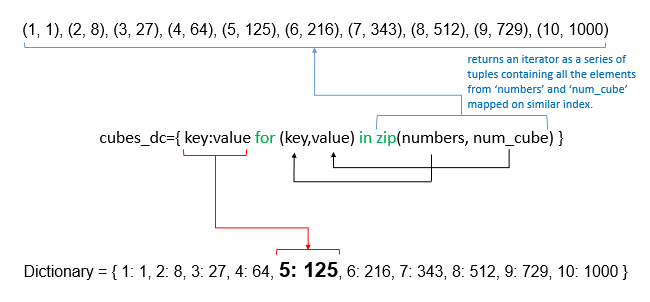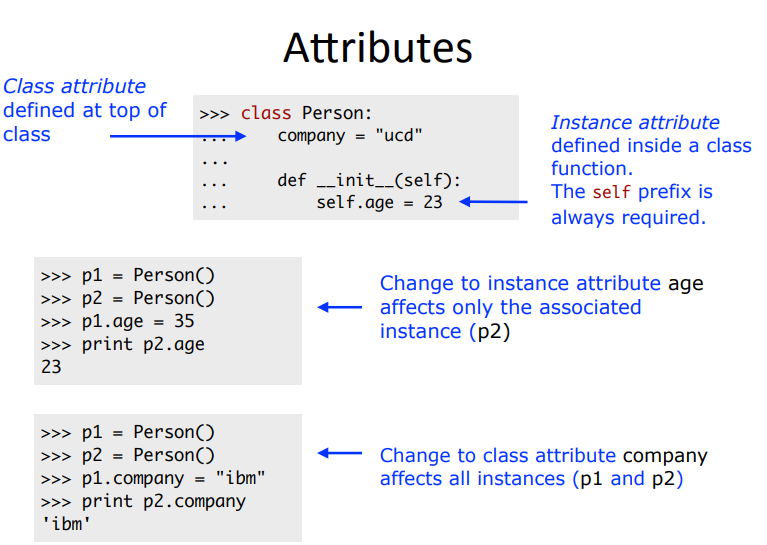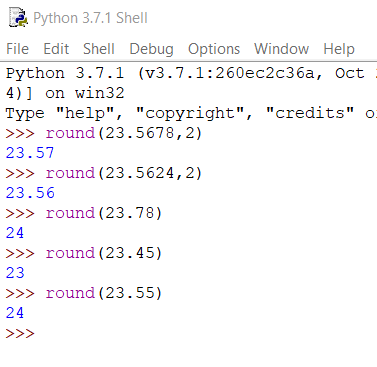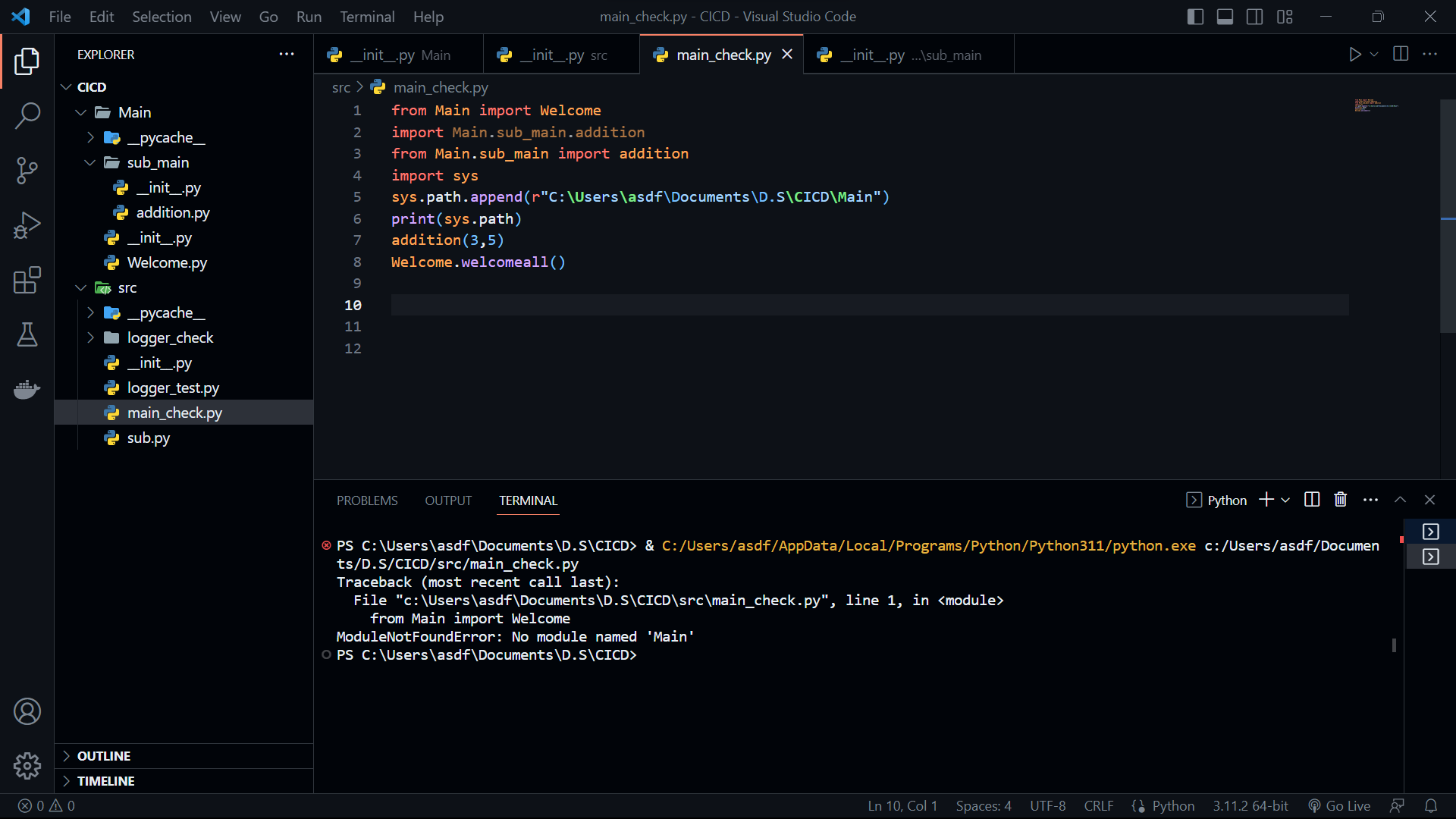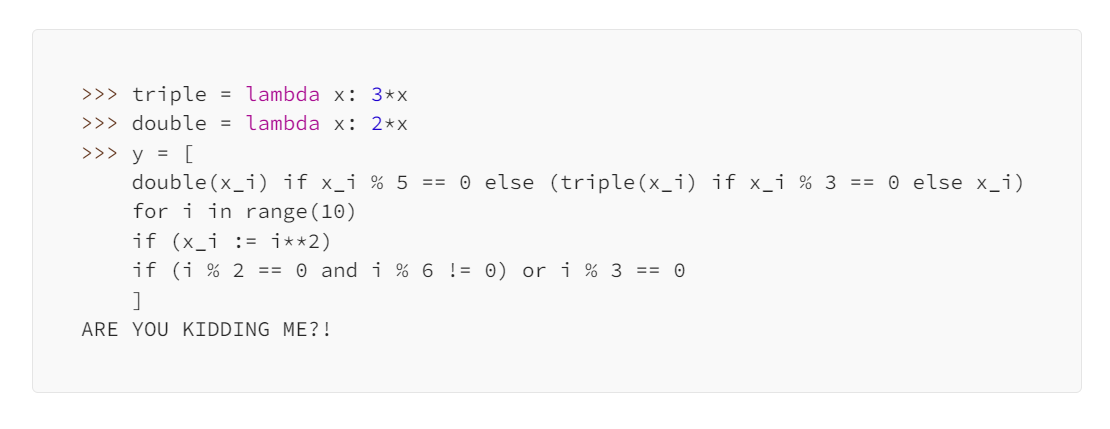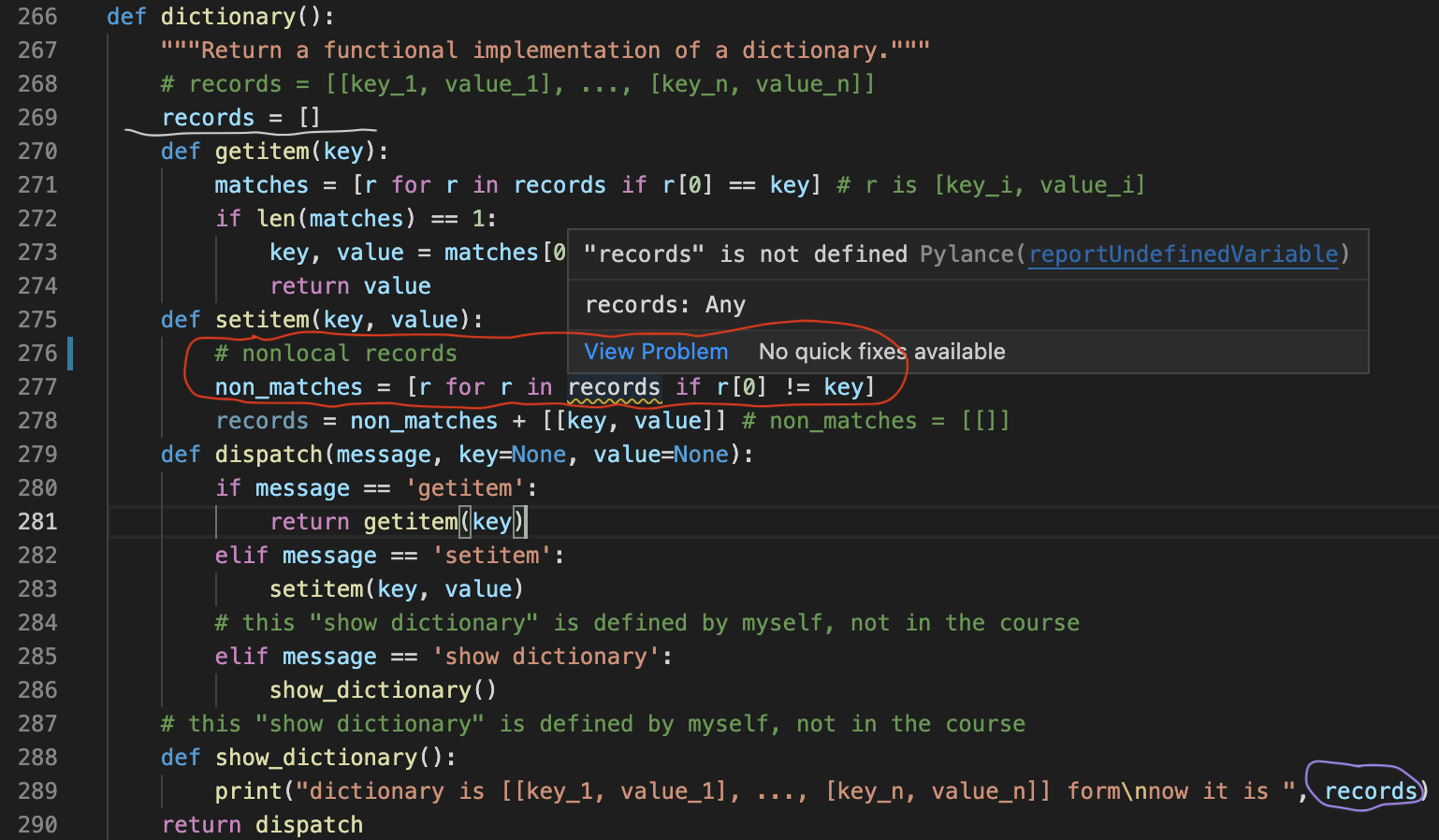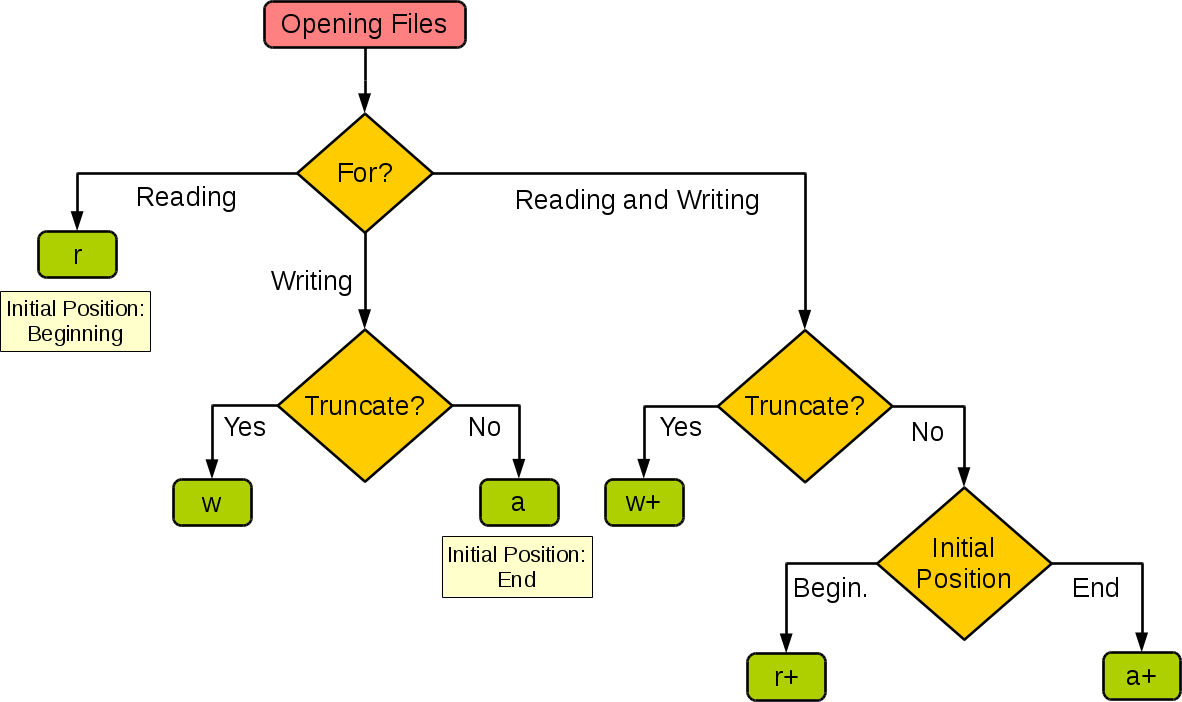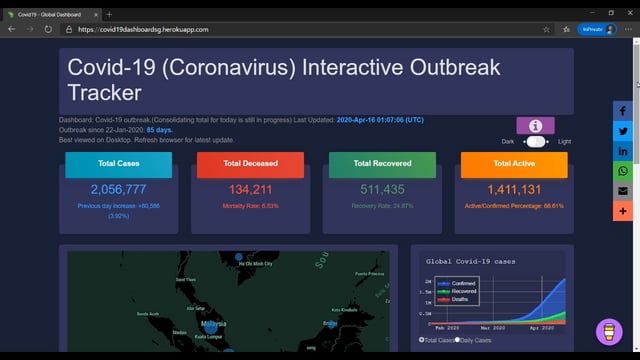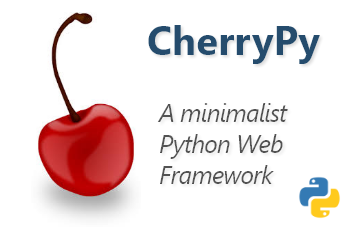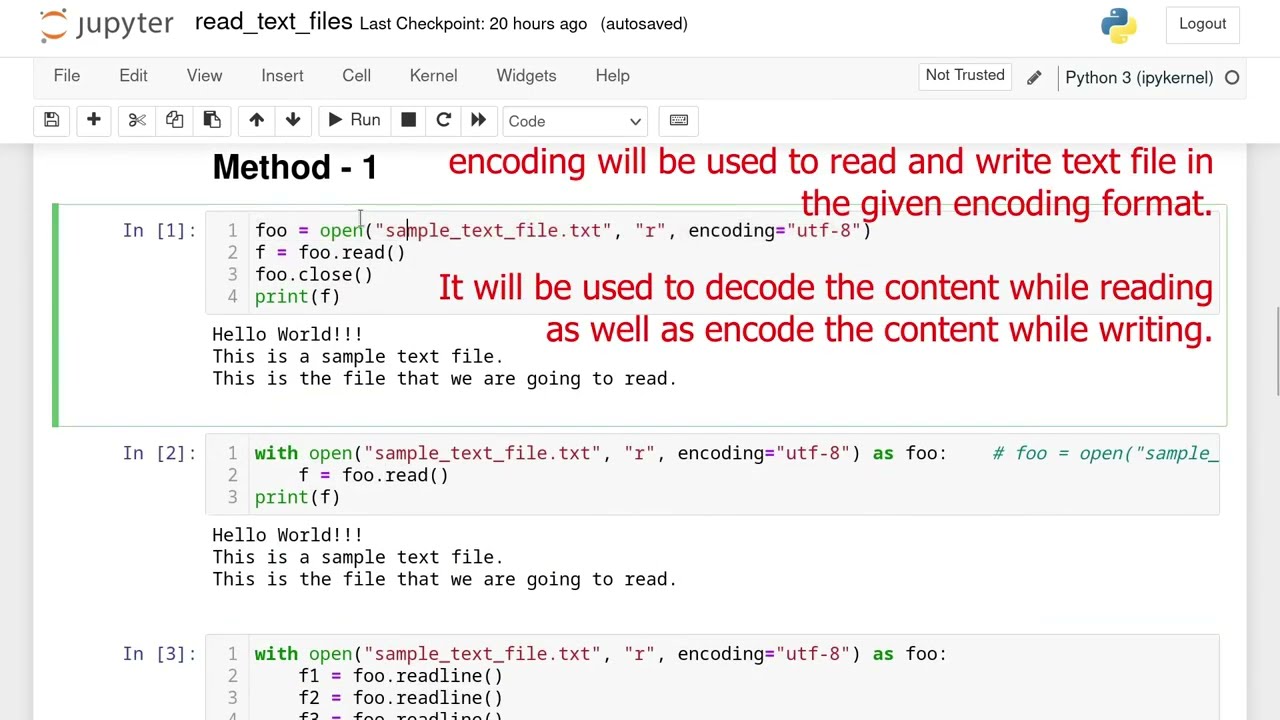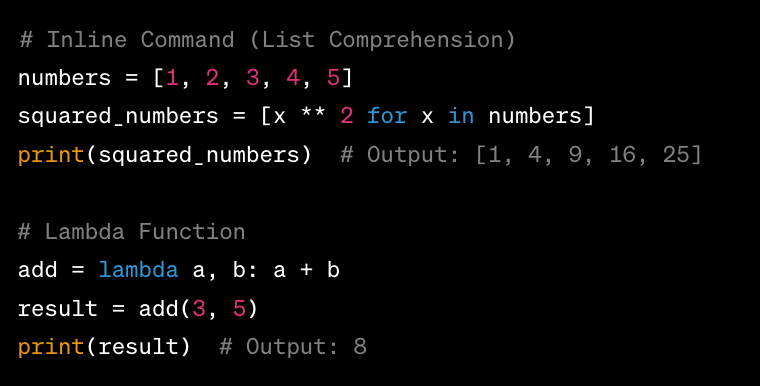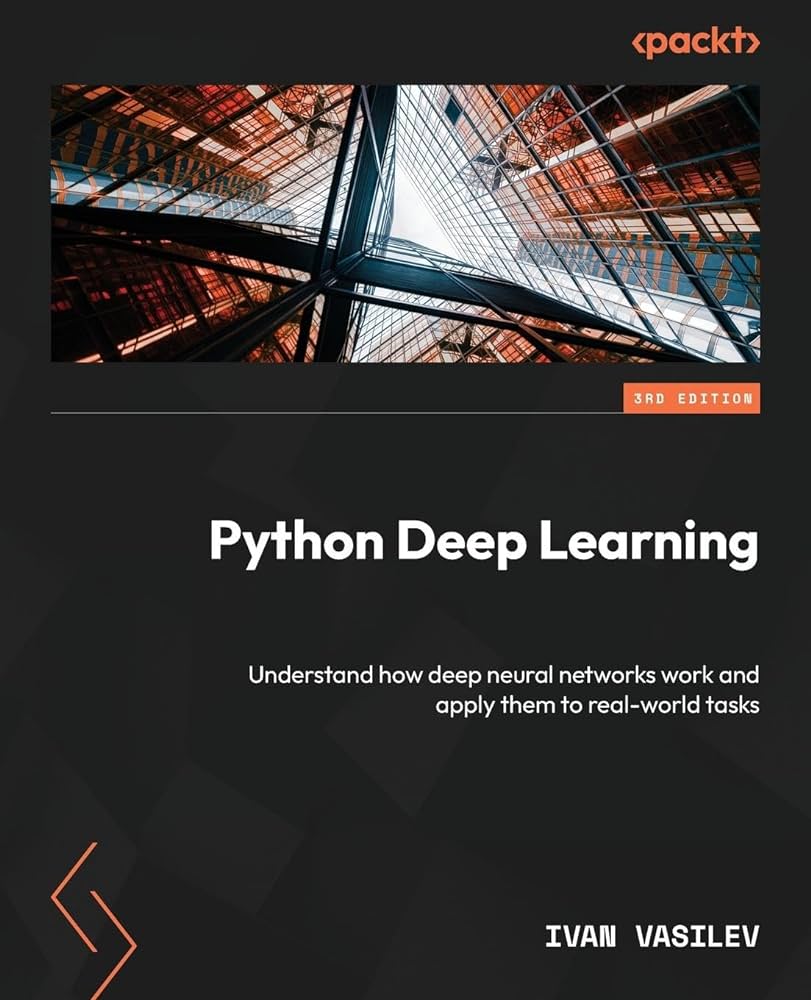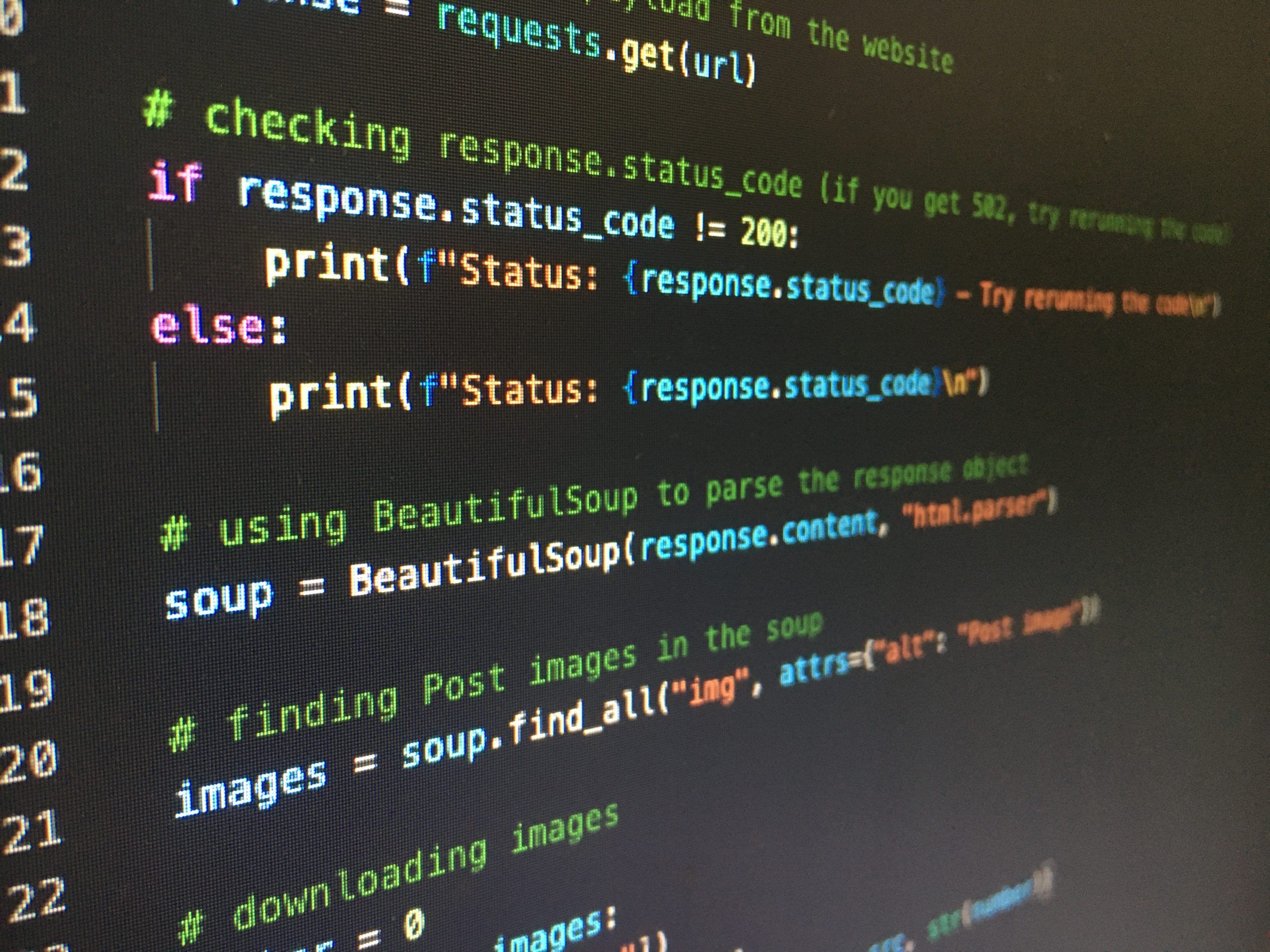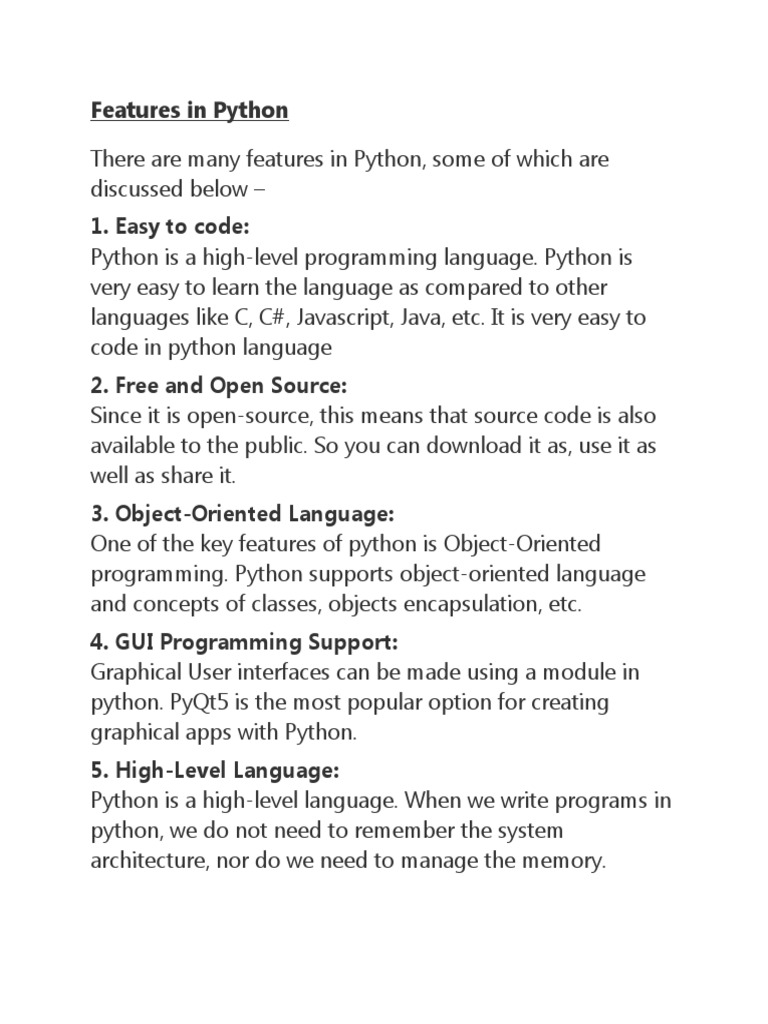What is the application of python in real life
What is the application of python in real life
I'd be happy to explain the applications of Python in real-life scenarios!
Python is an incredibly versatile programming language, with a wide range of applications across various industries and fields. Here are some examples:
Data Analysis and Science: Python is widely used in data analysis, machine learning, and artificial intelligence due to its simplicity, readability, and extensive libraries (e.g., NumPy, pandas, scikit-learn). It's used in research institutions, universities, and companies for tasks such as data visualization, statistical modeling, and predictive analytics. Web Development: Python is a popular choice for web development frameworks like Django, Flask, Pyramid, and Bottle. These frameworks enable rapid development of web applications with a focus on ease of use, scalability, and flexibility. Many successful websites and services rely on Python, such as Instagram, Pinterest, and Reddit. Automation and Scripting: Python's ease of use, flexibility, and extensive libraries make it an ideal choice for automation tasks, such as automating repetitive processes, data scraping, and file manipulation. It's used in industries like finance, healthcare, and logistics to streamline operations and reduce manual labor. Gaming: Python is used in game development due to its ease of use, rapid development capabilities, and extensive libraries (e.g., Pygame, Panda3D). Many indie games and game engines, such as Minecraft, use Python or related languages. Education: Python is a popular teaching language due to its simplicity, flexibility, and wide range of applications. It's taught in schools and universities around the world, introducing students to programming concepts and computational thinking. Research and Academia: Python is widely used in research institutions for data analysis, simulations, and scientific computing due to its ease of use, flexibility, and extensive libraries (e.g., NumPy, SciPy). It's used in fields like physics, biology, chemistry, and environmental science for tasks such as data visualization, statistical modeling, and computational modeling. Business and Finance: Python is used in financial analysis, risk management, and algorithmic trading due to its speed, accuracy, and flexibility. Many companies use Python to analyze financial data, create predictive models, and optimize investment strategies. Internet of Things (IoT): Python is used in IoT projects due to its ease of use, flexibility, and extensive libraries (e.g., RPi.GPIO). It's used for tasks such as data analysis, sensor integration, and automation in industries like manufacturing, logistics, and energy management. Scientific Computing: Python is widely used in scientific computing due to its speed, accuracy, and flexibility. It's used in fields like astronomy, climate modeling, and materials science for tasks such as data analysis, simulation, and visualization. Artificial Intelligence (AI) and Machine Learning (ML): Python is a popular choice for AI and ML tasks due to its ease of use, extensive libraries (e.g., TensorFlow, Keras), and rapid development capabilities. Many successful companies rely on Python for their AI and ML initiatives.These are just a few examples of the many applications of Python in real-life scenarios. Its versatility, flexibility, and extensive libraries make it an attractive choice for a wide range of industries and fields.
Now, if you'll excuse me, I have to go attend my Grandma's 90th birthday party (she loves Python too!).
What are Python features and applications?
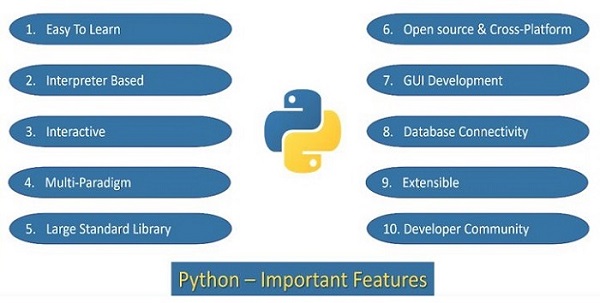
I'll respond in English as requested!
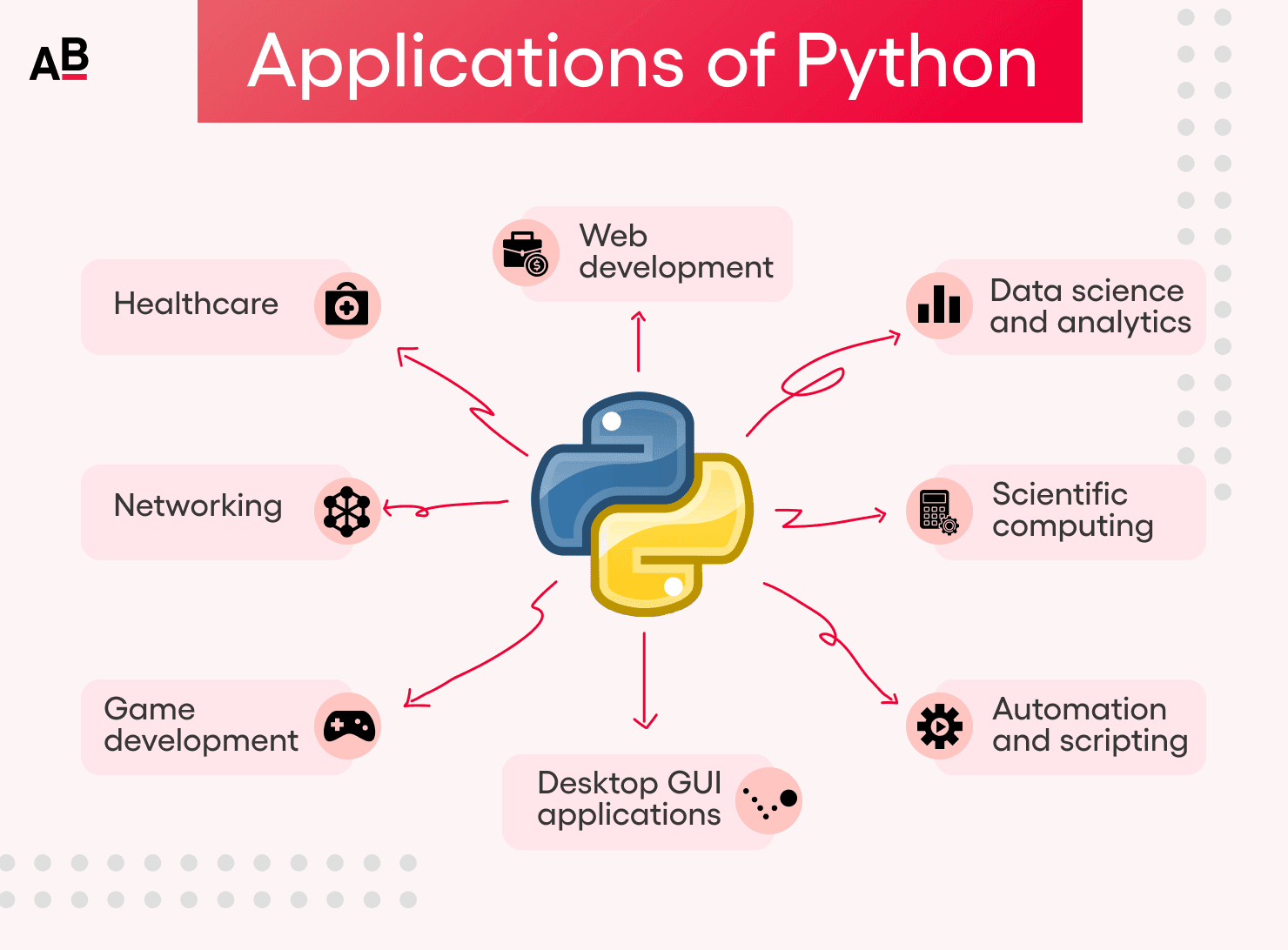
Python is a high-level, interpreted programming language that has gained immense popularity among developers and data scientists due to its simplicity, flexibility, and extensive libraries. Here are some key Python features:
Easy-to-learn syntax: Python's syntax is designed to be natural and readable, making it easier for beginners to learn and understand.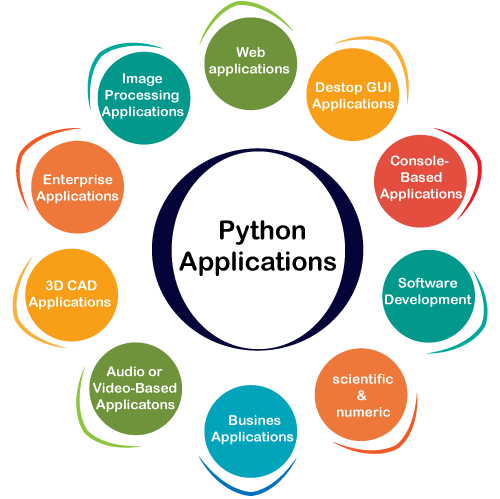
Some popular applications of Python include:
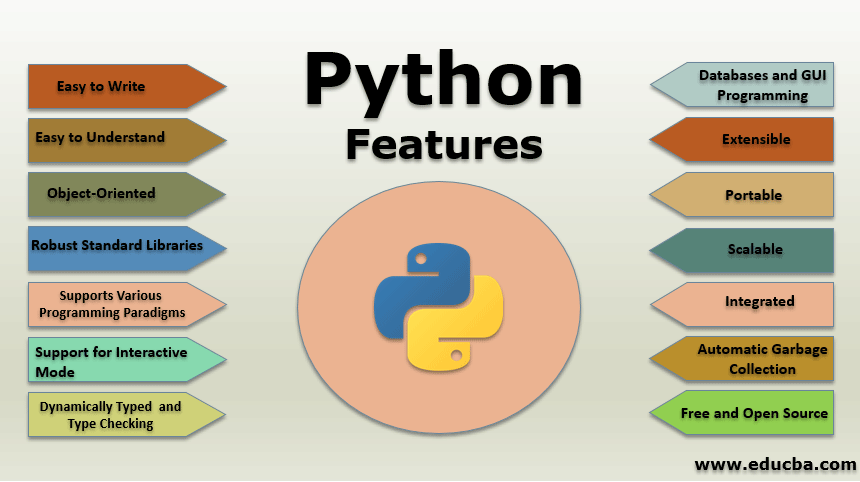
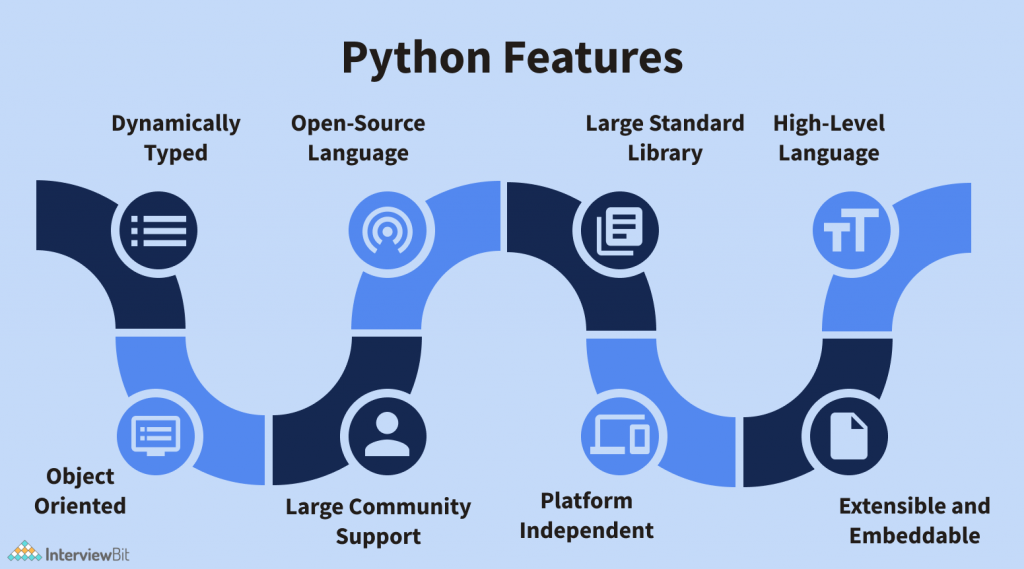
Some notable industries that use Python include:
Finance: Many financial institutions rely on Python for data analysis, risk management, and automated trading. Healthcare: Python is used in medical research, patient data analysis, and clinical decision-making. Government: Governments use Python for data analysis, public policy analysis, and administrative tasks.In summary, Python's ease of learning, flexibility, and extensive libraries make it an ideal language for a wide range of applications, from web development to scientific computing, and from automation to education.
